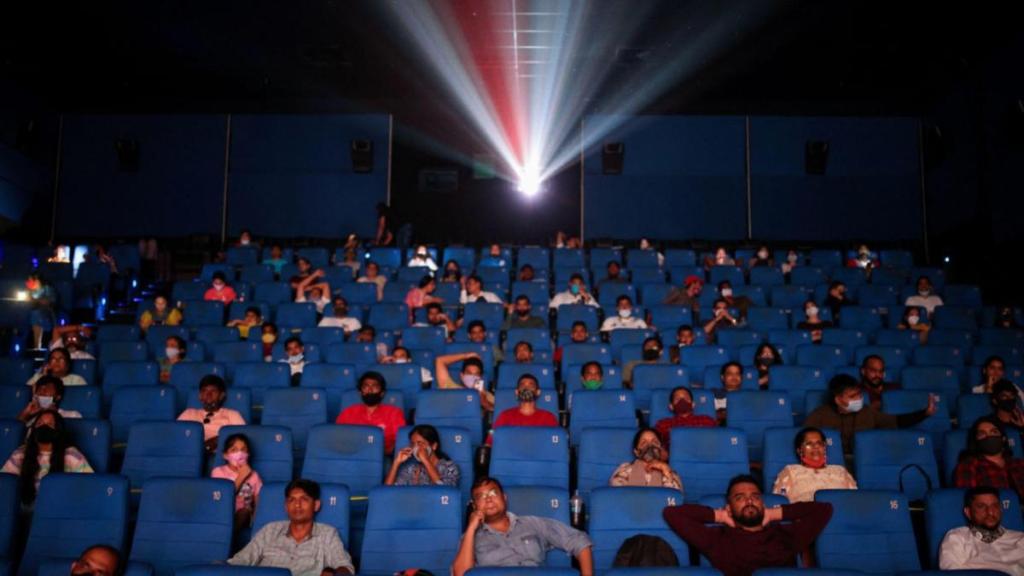The Karnataka government’s draft notification to cap movie ticket prices at Rs 200 across all theatres, including multiplexes, has sent ripples through the industry, with analysts warning of significant revenue impact and potential setbacks to multiplexes such as PVR INOX, Cinepolis, and Carnival Cinemas, among others.
The state government on Tuesday proposed amending the Karnataka Cinemas (Regulation) Rules, 2014, introducing a new sub-rule under Rule 55, that mandates ticket prices for all shows cannot exceed Rs 200, inclusive of entertainment tax, regardless of film language. The draft is open for public feedback for 15 days before final implementation.
The proposed cap poses the most immediate challenge to PVR INOX, India’s largest multiplex chain, which operates 219 screens across 37 cinemas in Karnataka. The state represents just over 12% of the company’s total screen portfolio of 1,743 screens as of May 2025.
Industry analysts suggest that Karnataka contributes around 8% to the Hindi box office and 10% to the overall collections, with an average ticket price (ATP) of Rs 260. The proposed Rs 200 cap implies a 30% reduction in state-level ATP, they added.
The impact extends beyond regular screenings to premium formats. PVR INOX’s premium screens in Bengaluru typically command weekend ticket prices ranging from Rs 600 to Rs 1,000 for formats like IMAX and 4DX, making the uniform cap particularly challenging for these formats that require heavy investments and cost of running on a daily basis.
The cap could also structurally impair franchise-led expansion of PVR INOX by hurting franchise partner sentiments due to return on investment concerns. Since distributor revenue is linked to net ticket collections, a 30% price cut would directly impact multiplex earnings, especially in premium malls where high rentals combined with reduced ticket pricing may raise the occupancy breakeven threshold above the current 18-20% per show, analysts added.
This isn’t Karnataka’s first attempt at ticket price regulation. In April 2017, the state introduced a similar Rs 200 cap, but multiplex chains successfully challenged the decision in court. In 2021, the high court delivered a favourable verdict allowing exceptional pricing for special and luxury formats, following which the state withdrew the order and left cinema pricing to multiplex discretion.
Experts predict that multiplex operators could consider legal recourse again, noting that past precedents suggest a favourable outcome is possible, as investments in premium formats and differentiated consumer experiences could justify higher ticket pricing in court.
Other southern states have also applied similar caps: Tamil Nadu capped ticket prices at Rs 150, excluding taxes and service charges, while Telangana set a Rs 295 for regular seats and Rs 350 for recliners, and Andhra Pradesh limited prices to Rs 177 for regular seats and Rs 295 for recliners.
However, multiplex operators in these states have reported that such price caps have limited profitability and viability of premium format offerings, suggesting similar challenges may emerge in Karnataka.
However, supporters argue that such price caps will boost footfall and benefit mid-budget local films and emerging filmmakers. In this regard, Karnataka’s proposal has the backing of Karnataka Film Chamber of Commerce and Karnataka Film Exhibitors Association, who argue that the move would increase theatre footfall and benefit smaller films that often struggle with just two-to-three-week runs.
Industry experts expressed doubts about the intended consequences. The cap could pose bigger challenges for single-screen theatres as uniform pricing may drive their audiences to multiplexes. Additionally, multiplex operators may need to increasingly rely on food and beverage upselling to support unit-level profitability.


